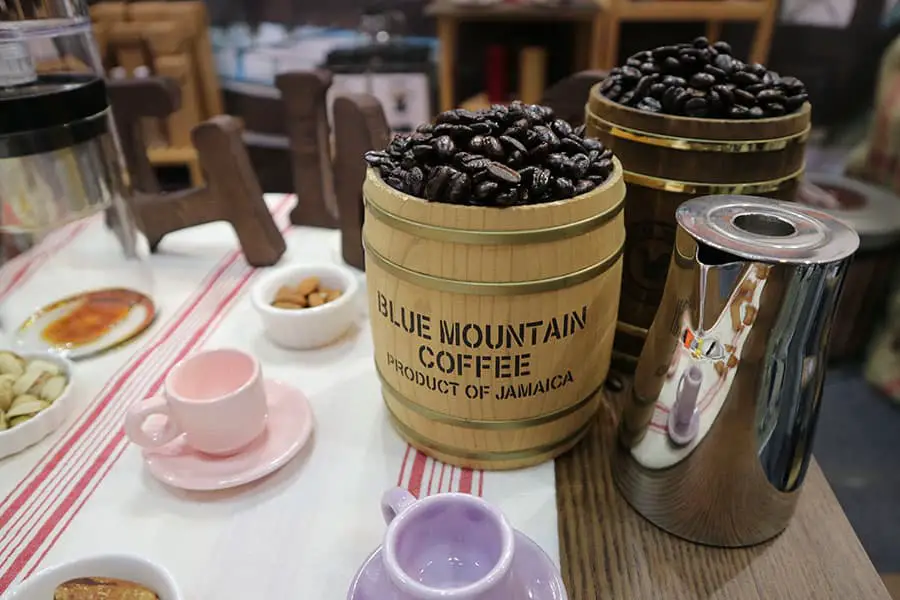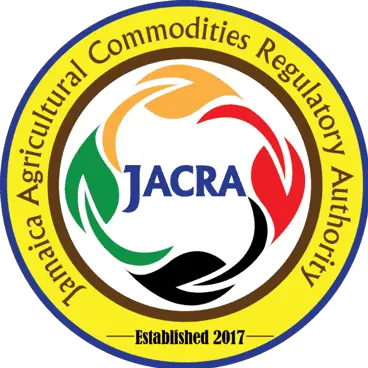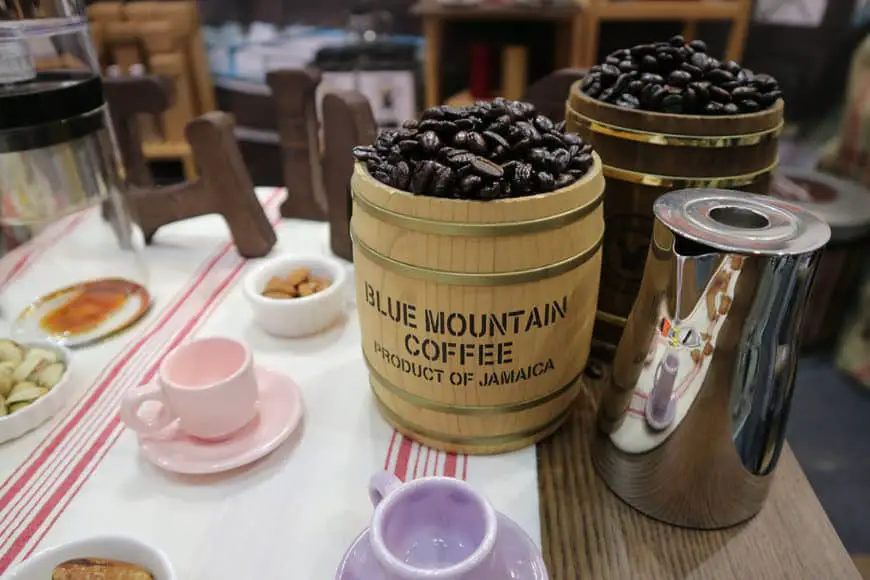
Almost every coffee fan who’s traveled to Jamaica has either tried or dreamed of sipping Jamaica Blue Mountain coffee, only to balk at the price—whether it’s a single cup or a whole bag. I got curious too, so I dug into the reasons behind its jaw-dropping cost. Here’s what I uncovered about this world-famous brew.
Jamaica Blue Mountain coffee is prized globally for its exceptional flavor and quality, and trust me, those sky-high prices aren’t just hype. To get why it’s one of the most expensive and sought-after coffees on the planet, let’s break down the factors that make it so special—and so pricey.
Limited Coffee Production
Did you know Jamaica Blue Mountain coffee is grown under such strict rules that only 400 to 1,000 metric tons hit the export market each year? That might sound like a decent haul, but it’s a drop in the bucket compared to coffee giants like Brazil, the world’s top producer. In fact, Jamaica’s output is less than 0.04% of Brazil’s annual yield. And here’s the kicker: Japan snaps up about 80% of it, leaving just 20% for the rest of us to fight over. Talk about exclusivity driving up the price!
Why It’s Grown in the Blue Mountains
So, what’s the deal with the Blue Mountains? It’s all about the perfect storm of growing conditions. The volcanic soil there is packed with nitrogen and phosphorus, giving those delicate Arabica plants a serious quality boost. Add in an altitude of 4,000 to 5,000 feet—prime real estate for Arabica—and you’ve got a recipe for greatness. The climate seals the deal: 40 to 60 inches of steady rainfall each year, spread out evenly, plus cloud cover that shields the plants from harsh sunlight. These strict specs might sound over-the-top, but they’re why this coffee’s quality is unmatched.
Strict Regulations in Jamaica

The Jamaican coffee game doesn’t mess around. Back in 1950, the Jamaican Coffee Industry Board (JCIB) was set up to keep export quality sky-high, no matter where you’re sipping it. In 2018, it merged into the Jamaica Agricultural Commodities Regulatory Authority (JACRA), but don’t worry—the standards didn’t budge.
Every barrel of green (unroasted) coffee gets a thorough JACRA inspection before it ships. They also oversee everything from planting to processing, ensuring the whole journey is top-notch. That kind of oversight? It’s a big reason your wallet feels the pinch.
Hand-Picked Perfection
Now, let’s talk about the real elbow grease behind Jamaica Blue Mountain coffee: it’s all hand-picked. Those steep, rugged slopes in the Blue Mountains aren’t exactly machine-friendly—think narrow terraces and dizzying inclines that’d make a tractor weep. So, skilled farmers climb up there, basket in hand, picking only the ripest cherries one by one. It’s not just grunt work; it’s an art.
They’ve got to know exactly when a cherry’s at peak ripeness—too early or too late, and the flavor takes a hit. This slow, meticulous process can take days or even weeks for a single harvest, and with labor costs in the mix, it’s no wonder the price tag climbs. But here’s the payoff: that hands-on care ensures every bean is top-tier, keeping the quality crazy consistent. For a coffee this good, machines just can’t compete.
What Makes the Taste So Special?
Describing Jamaica Blue Mountain coffee to someone who hasn’t tried it is like trying to explain a sunset to a blind date—it’s tough! Connoisseurs rave about its smoothness, calling it clean and mild but never dull. This isn’t your average cup of joe; it’s got a complex personality that unfolds with every sip. Picture subtle floral hints dancing with nutty undertones, a whisper of chocolate, a dash of spice, and a creamy finish that ties it all together.
The sweetness and bitterness? Perfectly balanced, like a tightrope walker who never wobbles. What makes it so magical is how those flavors don’t fight—they harmonize, thanks to the Blue Mountains’ slow-growing conditions. That high altitude and cool, misty air give the beans time to develop depth, unlike the sharper, punchier notes you might get from, say, a bold Ethiopian roast.
It’s refined, almost aristocratic, yet approachable—a coffee that feels like a treat without being pretentious. That one-of-a-kind taste is why fans happily empty their wallets for it.
How Much Does Jamaica Blue Mountain Coffee Cost?
Ready to talk numbers? A one-pound bag—good for about 50 to 60 cups—from a legit spot like Volcanica Coffee will set you back $50 to $60. Prefer K-Cups? A pack of 72 on Amazon goes for a hefty $124. You might spot deals online claiming $10 or $20 per pound, but don’t fall for it—real Jamaica Blue Mountain coffee doesn’t come that cheap. Look for the JACRA seal of authenticity. Without it, you’re likely getting a knockoff or a weak blend.
Here’s a quick price breakdown:
| Product | Quantity | Price Range | Source Example |
|---|---|---|---|
| Whole Bean Bag | 1 lb (50–60 cups) | $50–$60 | Volcanica Coffee |
| K-Cups | 72 pods | $124 | Amazon |
| Fake “Bargain” Blend | 1 lb | $10–$20 | Sketchy Retailers |
Final Thoughts
With prices this steep, Jamaica Blue Mountain coffee isn’t an everyday brew for most of us. But if you’re a coffee fanatic obsessed with bold, nuanced flavors, it’s worth adding to your bucket list. One sip might just convince you it’s worth every penny!

